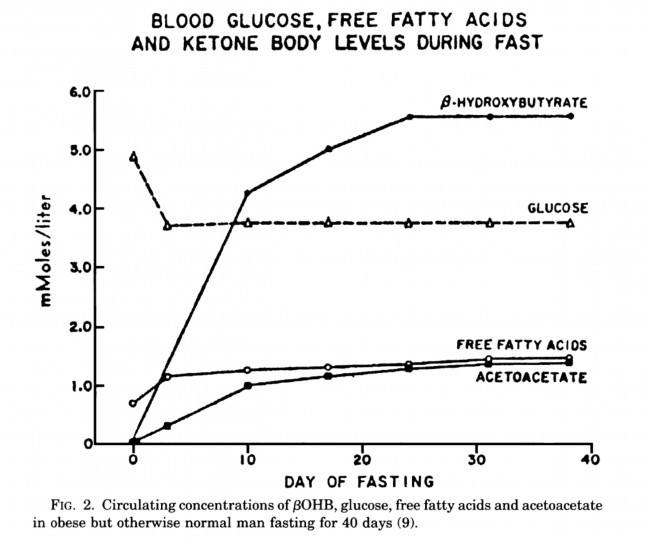Hi there.
I'm not sure if anyone can help me. I have been struggling with sugar fluctuations for nearly 4 years, I'm 55 next week. My endocrinologist said that I am not clinically RH but should follow the advice given as if I were. Despite eating at least 6 small meals a day, steering clear of sugar etc etc I am still struggling at night. I wake up at least 2/3 times sweating and sometimes with my stomach churning. I used to eat which would then give me a couple of hours more sleep but I try not to as I'm not sure that really helps. I only very occasionally sleep right through and I just can't work out why.
I did a 3 day fast in the hospital which was horrific and I spent most of it sweating, with a severe headache and was nauseous on the last day but at least I know I won't die. It made we wonder if when I produce cortisol, my body reacts to the sugar it finds from my organs as it can't get it from food if I haven't eaten any since 10 the night before. The hours between 4-6 are often the worse. At times not knowing how best to help myself is so frustrating that I am beginning to lose hope of ever feeling well again. I tried a no carb diet for a couple of weeks a few years ago and that didn't stop the sweating and I just woke up hungry in the night. I am noticing weight gain around my middle and struggling with joint issues too. It feels like a vicious circle. I am also diary intolerant and have fibromyalgia, apart from that I'm normal haha.
Anyone understand?
I'm not sure if anyone can help me. I have been struggling with sugar fluctuations for nearly 4 years, I'm 55 next week. My endocrinologist said that I am not clinically RH but should follow the advice given as if I were. Despite eating at least 6 small meals a day, steering clear of sugar etc etc I am still struggling at night. I wake up at least 2/3 times sweating and sometimes with my stomach churning. I used to eat which would then give me a couple of hours more sleep but I try not to as I'm not sure that really helps. I only very occasionally sleep right through and I just can't work out why.
I did a 3 day fast in the hospital which was horrific and I spent most of it sweating, with a severe headache and was nauseous on the last day but at least I know I won't die. It made we wonder if when I produce cortisol, my body reacts to the sugar it finds from my organs as it can't get it from food if I haven't eaten any since 10 the night before. The hours between 4-6 are often the worse. At times not knowing how best to help myself is so frustrating that I am beginning to lose hope of ever feeling well again. I tried a no carb diet for a couple of weeks a few years ago and that didn't stop the sweating and I just woke up hungry in the night. I am noticing weight gain around my middle and struggling with joint issues too. It feels like a vicious circle. I am also diary intolerant and have fibromyalgia, apart from that I'm normal haha.
Anyone understand?



